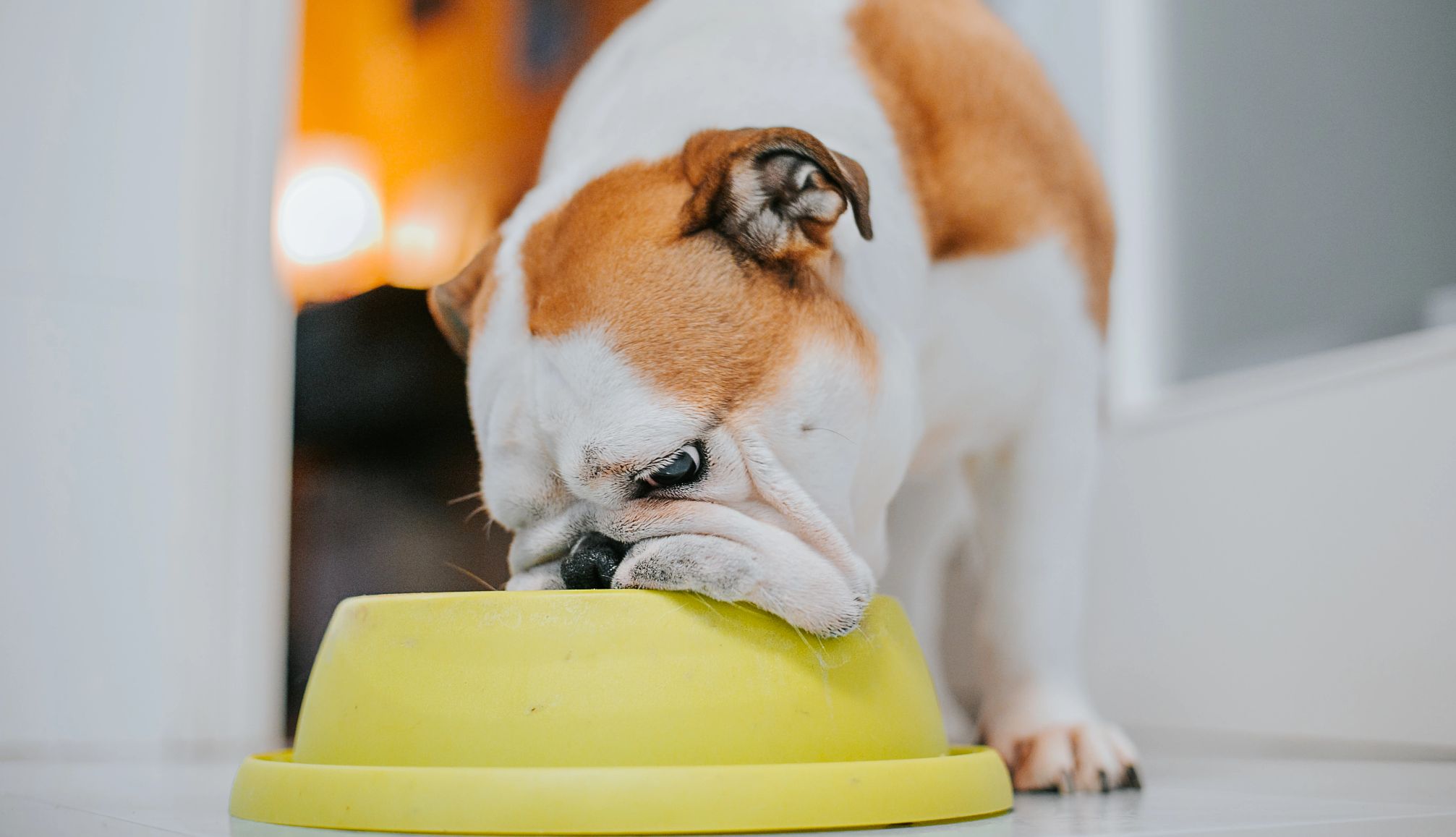
- Select a language for the TTS:
- UK English Female
- UK English Male
- US English Female
- US English Male
- Australian Female
- Australian Male
- Language selected: (auto detect) - EN
Play all audios:
DARWIN’S NATURAL SELECTIONS ANTIBIOTIC & GRAIN-FREE CHICKEN RECIPE FOR CATS * Lot No: 10832, July 25, 2024 * Lot No: 10856, Aug. 4, 2024 * Lot No: 10890, Aug. 13, 2024 DARWIN’S NATURAL
SELECTIONS ANTIBIOTIC & GRAIN-FREE CHICKEN RECIPE FOR DOGS * Lot No: 10828, July 24, 2024 * Lot No: 10844, July 30, 2024 * Lot No: 10887, Aug. 12, 2024 Darwin’s Pet Products told AARP
that it had already notified customers affected by the FDA’s notice, which impacted around 3 percent of its customer base. The company also stated that it had stopped shipping the cited
products once it became aware of the FDA’s testing.There have been no illnesses associated with any of the cited products. In an online statement, the company called the FDA’s actions
"wholly unnecessary" and claimed they were "ultimately based on flawed regulatory decision-making." THERE HAVE BEEN NO ILLNESSES ASSOCIATED WITH ANY OF THE CITED
PRODUCTS. ADVICE FOR PET OWNERS If you have any of these products, the FDA says to stop feeding them to your pets immediately. Dispose of the food in a secure container to prevent other
animals or wildlife from consuming it. If these products were in your home, be sure to thoroughly clean and disinfect all pet supplies, including containers, bowls, utensils and any surfaces
the food or your pet may have touched. Always wash your hands after handling the food or cleaning contaminated areas. Salmonella poses a higher risk to pets with existing health conditions,
as well as puppies and kittens. Symptoms may include vomiting, diarrhea, fever, loss of appetite and low activity, according to the CDC. Listeria infections in pets, while rare, can cause
serious illness and even death, especially in animals that are young, pregnant, older or have weakened immune systems. Symptoms can range from mild to severe diarrhea, anorexia, fever and
respiratory issues to pregnancy loss, shock and death. Pets do not need to show symptoms to pass listeria or salmonella to humans. Both pathogens can be shed through an infected pet’s stool
and saliva, spreading bacteria throughout your home even if the animal is asymptomatic. _Editor's note: This story, originally published Sept. 24, 2024, has been updated._





:max_bytes(150000):strip_icc():focal(734x339:736x341)/spike-lee-glenn-close-ab1259d23d1448af8942a6dccda2e318.jpg)

